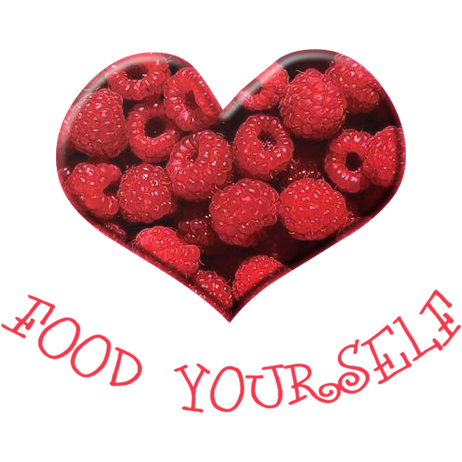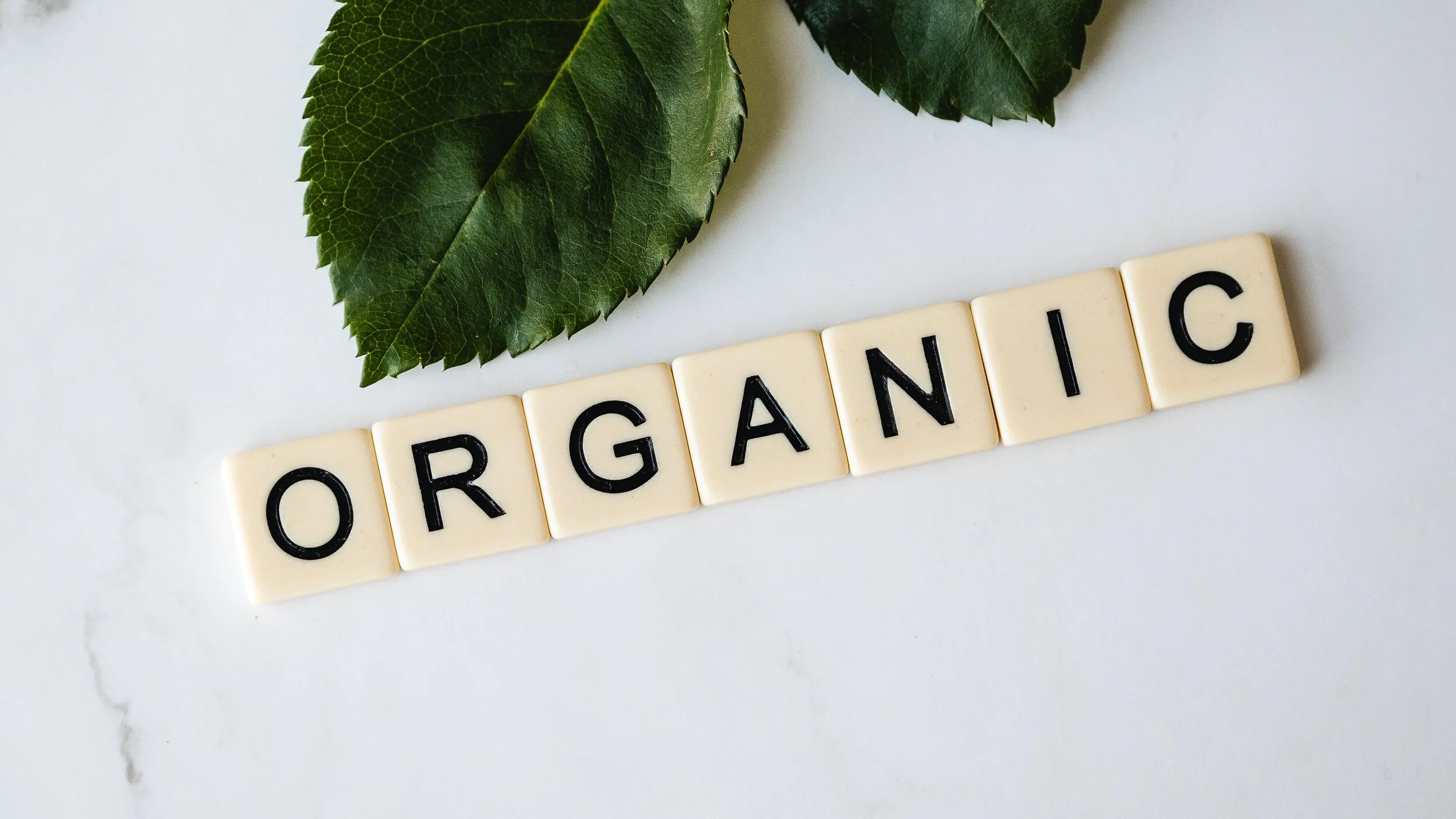Last week we concluded our organic talk by diving deeper into sustainability using fish as our example. At that time I promised you we were done with organic but I lied – sorry! I need to clarify one more thing - my Dole comment. Over this past week some readers have voiced their confusion over my comment since I did not explain myself very well, so here is my explanation:
Read MoreThe whole premise surrounding organic food makes it really tough for consumers and nutrition expects because there is no clear consensus for what to do. Even as I’m writing this I’m telling you two different things because I’m also conflicted. I don’t want to tell you not to eat organic food because some of it is better for the environment or promotes fair trade between the farmer and consumer. But on the other hand some organic products are a huge marketing ploy, for example Dole bananas. Here’s my advice – eat more fruits and vegetables whether it be organic or not. Try to buy local or sustainable products and just be more conscious regarding where your food is coming from. One step at a time - right?
Read MoreA lot of consumers think organic food is healthier for us because it doesn’t contain pesticides, it has more vitamins and minerals, and it promotes the development of a community. Unfortunately, consumers are misinformed because organic food CAN contain pesticides, it does NOT contain more vitamins and minerals, and in some circumstances it can actually be worse for the environment - all the wrong ingredients for developing a community. So, if organic is not the answer then what is? Sustainability!
Read MoreWarning! For the next couple of weeks I’m introducing politics into Food Yourself only because I feel organic foods are misunderstood. Consumers truly believe that ‘organic’ foods are healthier, safer, and better for the environment, but unfortunately I don’t buy it. For the next couple of weeks I’ll tackle these assumptions, and hopefully lead you down a path towards sustainability rather than suckerville.
Read More



